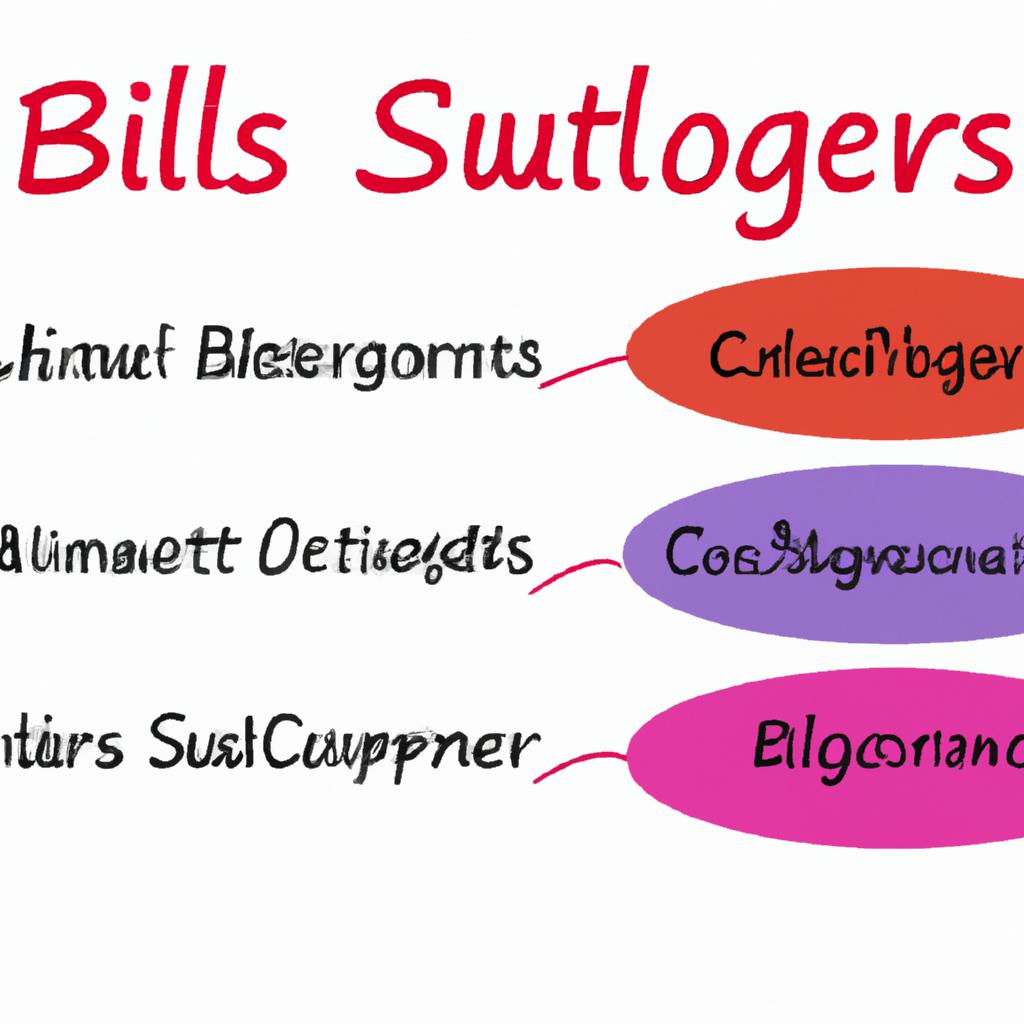Smart Savings: Conserve Energy and Water with Simple Lifestyle Changes
In a world increasingly aware of its finite resources, the quest for sustainability beckons us towards more mindful living. As climate change becomes an ever-pressing concern, the simplest of our daily habits can hold the key to a more sustainable future. “Smart Savings: Conserve Energy and Water with Simple Lifestyle Changes” invites you to explore the transformative power of small adjustments in your everyday routine. By merging practicality with eco-consciousness, this article will unveil straightforward yet effective strategies to reduce your energy and water consumption without sacrificing comfort. Whether you’re a seasoned environmentalist or just beginning your journey toward greener living, your choices can make a significant impact—one drop, one watt at a time. Join us as we delve into the art of smart savings and discover how easy it is to nurture both your budget and the planet.
Practical Shifts for Eco-Friendly Living
Making eco-friendly choices doesn’t have to feel overwhelming; small, practical adjustments can lead to significant impacts in energy and water conservation. Start by switching to energy-efficient appliances, which consume less power and can significantly decrease utility bills. Additionally, embrace smart thermostats that adapt to your lifestyle, ensuring that energy is only used when needed. Consider these other life changes:
- Install low-flow showerheads and faucets to reduce water consumption without sacrificing comfort.
- Use LED lights; they last longer and consume less energy compared to traditional bulbs.
- Practice mindful laundry habits by washing full loads in cold water, saving both energy and water.
- Seal windows and doors to prevent drafts, improving heating and cooling efficiency.
By implementing these straightforward strategies, you not only contribute to a healthier planet but also enjoy the added benefit of lower utility costs.

Embracing Smart Choices to Reduce Utility Bills
Adopting smarter habits at home is not just about personal comfort but also about making conscious choices that can significantly lower utility expenses. By implementing a few simple lifestyle changes, you can create a more sustainable living environment while benefiting your wallet. Consider these effective strategies:
- Unplug Devices: Many electronics consume energy even when turned off. Make it a practice to unplug chargers and devices when not in use.
- Invest in LED Lighting: Swap out traditional bulbs for LED alternatives, which use significantly less energy and last longer.
- Optimize Heating and Cooling: Set your thermostat a few degrees lower in winter and higher in summer, and invest in programmable thermostats to manage temperature efficiently.
- Practice Water Conservation: Simple actions like fixing leaks, taking shorter showers, and installing low-flow fixtures can lead to substantial water savings.
To visualize potential savings, here is a comparison of energy usage for various appliance types:
| Appliance | Energy Use (kWh/month) | Cost ($) |
|---|---|---|
| Standard Incandescent Bulb | 60 | 7.20 |
| LED Bulb | 12 | 1.44 |
| Old Refrigerator | 150 | 18.00 |
| Energy Star Refrigerator | 50 | 6.00 |
By becoming more mindful about energy and water consumption, you are not only setting an example for others but also taking concrete steps toward sustainability—all while enjoying lower utility bills.
Final Thoughts
As we wrap up this exploration into smart savings through energy and water conservation, it’s clear that the small changes we make today can ripple out into a profound impact tomorrow. By adopting simple lifestyle adjustments—be it turning off lights when they’re not needed, fixing leaks, or embracing energy-efficient appliances—we not only lighten our utility bills but also contribute to a healthier planet.
Each drop saved and every watt conserved is a step towards sustainability, highlighting how our daily choices shape the world around us. Embracing these mindful habits fosters a sense of responsibility and a deeper connection to our environment. So, let’s carry forward the knowledge shared here, turning awareness into action, and inspiring others to join in this important journey. Together, we can cultivate a future where resources are cherished, creating a better quality of life for generations to come.
